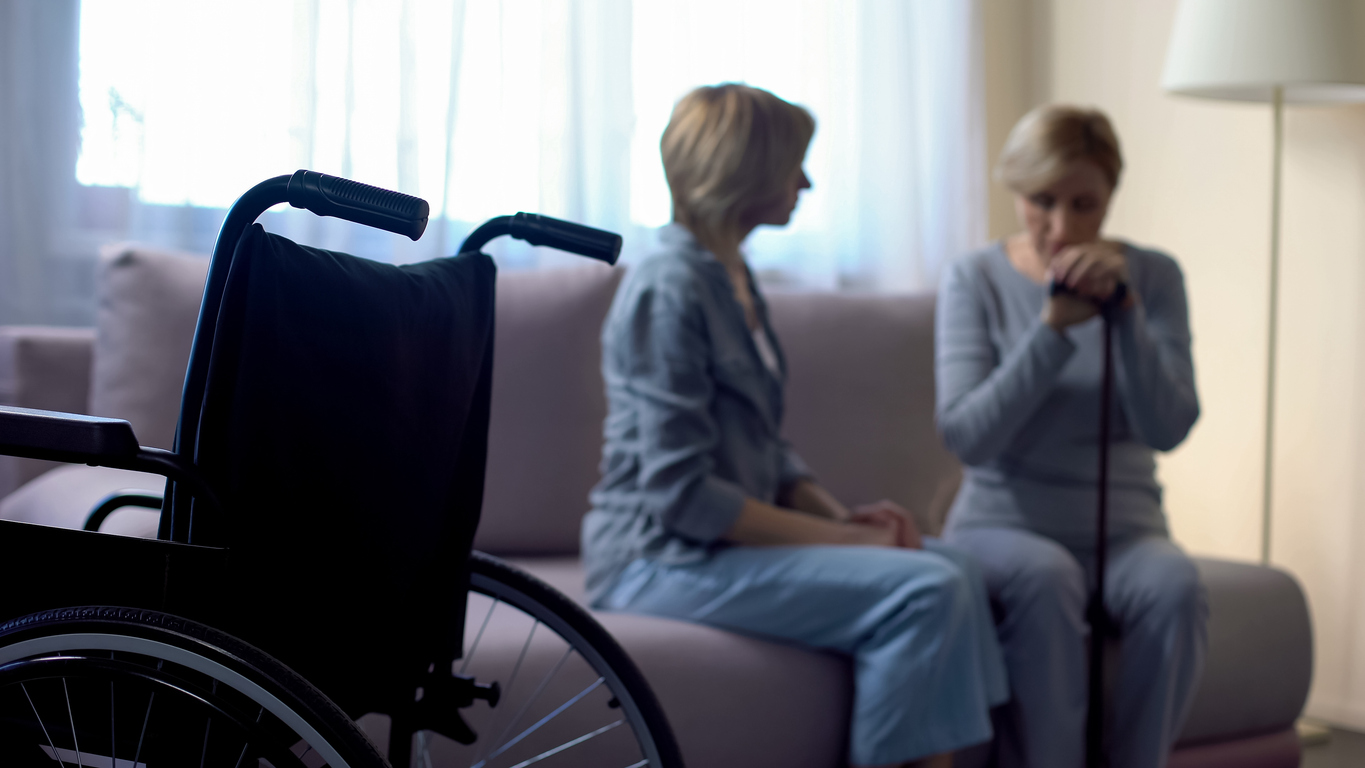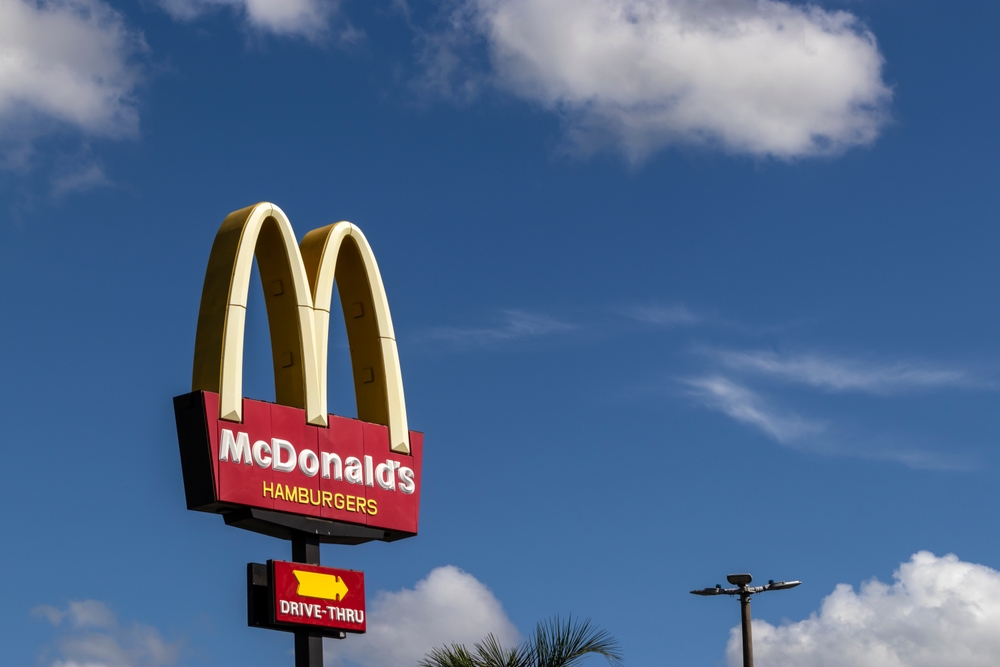The saying ‘health is wealth’ is ever prevalent and so we place our trust in our GPs to correctly diagnose us so our recovery can rapidly come around; nevertheless, this is not always the case and when a patient believes they are a victim of clinical negligence, they turn to the law. We speak to Luke Meleagros, an expert witness in surgery, who outlines the effects of misdiagnosis and how he provides insight to try settle a case involving negligence.
In cases of professional negligence, how long can it commonly take to complete an investigation?
In my experience knowing the time it takes between the solicitors requesting medical records and the time that they issue a claim, it can take anything up to 6 months and a year, because the claimant solicitors will have to review the medical records and interview the clients. They then usually instruct the expert to provide them with reports. It is likely in some cases, the solicitor will instruct counsel as well, before they issue legal proceedings they will hold a conference with councils, experts and claimants, and when that is completed, and the case is reviewed, they will then issue a length of claim. It is a lengthy process which takes several months.
I know that you deal with a range of cases in a way, but can you specify a common case you tend to deal with on a regular basis?
In general surgery, a common case I deal with in professional negligence are complications of laparoscopic cholecystectomy, delaying diagnosis of appendicitis, complications of appendicitis, delay of the diagnosis of bowel cancer, complications following surgery of bowel cancer and delaying the diagnosis of these complications.
Can you think of reasons to why there are delays with diagnosis?
There are many reasons why there is a delay with diagnosis; for bowel cancer, the patients’ symptoms may not be typical. The patient maybe falsely reassured when they visit their GP, who does not appreciate their symptoms are significant and attribute the symptoms to minor ailments, such as piles; piles are very common in the general population and the symptoms, such as bleeding, are similar to the symptoms of bowel cancer. Therefore, it is not uncommon for the GP to not refer the patient to the specialist early enough.
Another reason is because the patient is not referred to the appropriate investigation. The statistics in misdiagnosis say that it is possible to misdiagnose up to 2% of colonoscopies. Based on a negligence investigation the patient will then go away, and feel reassured that they have had their definite investigation i.e., a colonoscopy which was negative; they will then treat the patient for a different condition, such as Irritable Bowel Syndrome (IBS), which causes similar symptoms as bowel cancer. Thus, a year or two later, the patient returns to the doctor, and reports the same or worse symptoms and the investigation is repeated; this time the cancer would have grown and is usually picked up.
How often is your critical analysis the game-changer in a claim?
I would say the expert report is crucial to the entire process, but it is not usually the case that an expert provides such an earth-shattering report, that the defendant will immediately put their hands up and immediately accept it; the defendant will always come up with their own report to counterargue, so the aim is to read the settlement which limits the pay-out as much as possible. A game changer I think, is a joint expert discussion; in a situation whereby the claimant and defendant obtain expert reports and provide diametrically opposing opinions on most of the major issues, their solicitors require the experts to hold a conference in order to respond to the disputed area. The weakest argument made by one of the experts is made apparent. Any expert can provide a supporting report and an argument for their instructed solicitors, the problem experts will have will be defending the arguments during discussion.
I have been involved in cases where a conference is held with the other experts to discuss the issues; the conference is held within a month of the trial and based on the issues and discussions that arise, the claimant eventually discontinues the case as they realise that the argument that they have provided will not allow them to win in court.
What makes you the go-to expert witness in this field?
It is important to appreciate that the solicitors do not have the expert scientific knowledge but are expected to draw conclusions on what happened; the expert has to provide a report that details and explains medical and scientific matters which can be quite complicated in layman’s language. More importantly, solicitors need to understand the issues involved so they can ask appropriate questions to explore the issue further and clarify matters for them. I have found that my value as an expert, the reason why I am instructed very frequently is because I can provide a summary of scientific and medical matters in language that can be understood by the solicitor. The other reason I think why I am a go-to expert is because I research this subject and refer to recent literature and quote relevant articles to support the arguments that I provide in my report.




















